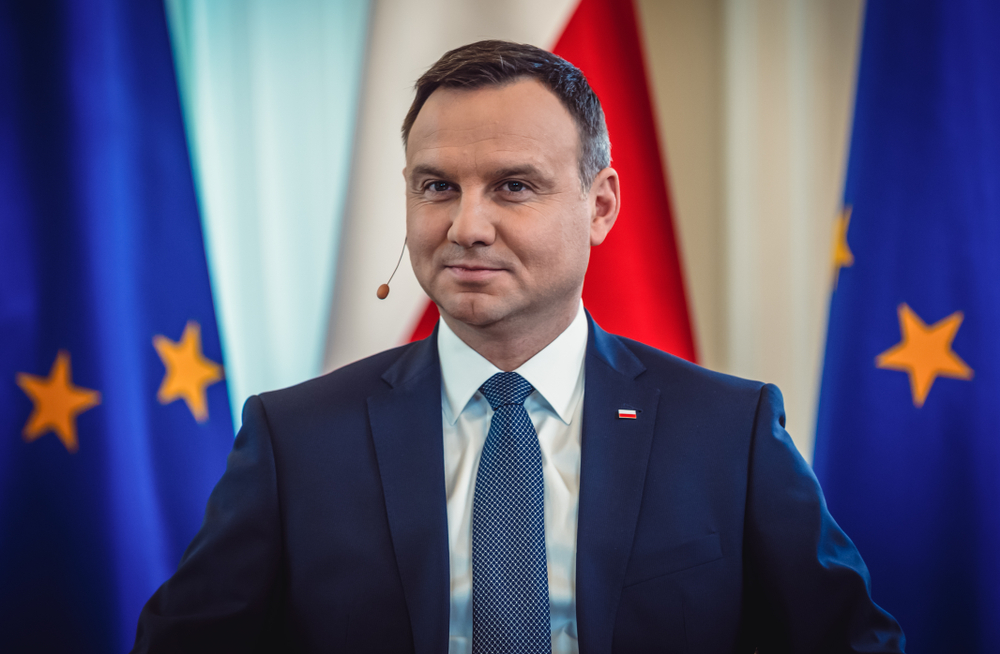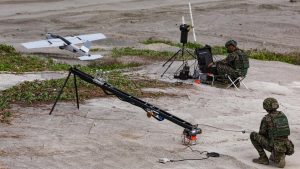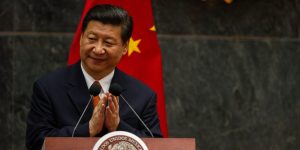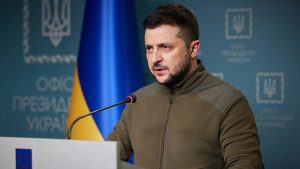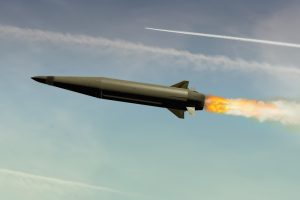He dismissed the threats posed by Russia.
Others are reading now
During his visit to Jordan, Polish President Andrzej Duda dismissed the threats posed by Russia’s newly updated nuclear doctrine.
Commenting on Vladimir Putin’s decision to approve the revised policy, Duda remarked:
“Paper endures everything.”
This statement reflects his skepticism toward Russia’s repeated threats. The updated Russian doctrine expands the circumstances under which nuclear weapons could be used.
Also read
It now includes “critical threats” to the sovereignty of Russia and Belarus as potential grounds for a nuclear strike. Previously, such action was reserved for scenarios threatening the existence of the state itself.
Duda emphasized that this is not the first time Russia has resorted to such rhetoric.
“Russia is threatening not for the first or the last time,” he said, downplaying the significance of Putin’s announcement.
The doctrine also outlines specific conditions for a nuclear response.
These include aggression by a non-nuclear state supported by a nuclear power or a massive aerial attack using non-nuclear means, such as drones.
The document signed by Putin states that nuclear weapons remain a deterrent and would be used only as a “forced and extreme measure.”
Putin’s press secretary, Dmitry Peskov, described the changes as a “clear signal to the West.” According to Peskov, the doctrine warns Western countries about the consequences of participating in attacks against Russia, even with conventional means.

